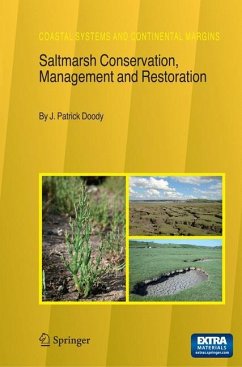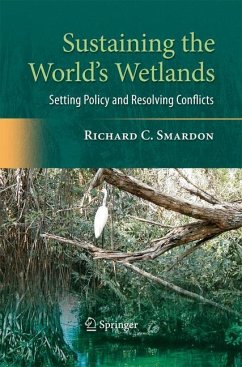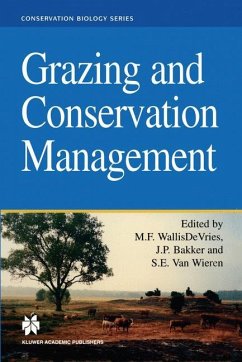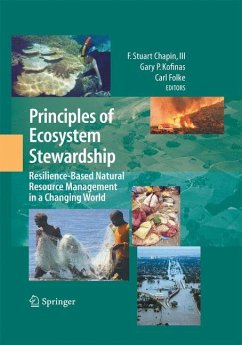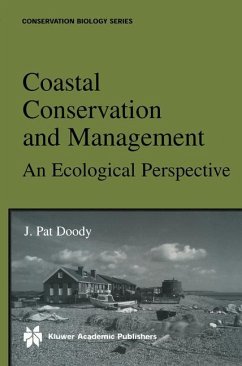
Tree Islands of the Everglades

PAYBACK Punkte
57 °P sammeln!
PREFACE Within the Florida Everglades, tree islands, which cover only a small percentofthis ecosystem, historically have provided essential habitat for a wide variety ofterrestrial and amphibious plants, birds, and animals. These tree islands, however, have been one ofits least studied features. Because of their less flood tolerant vegetation, tree islands are one ofthe most sensitive components ofthe Everglades to changes in hydrology, and many tree islands have been lost during periods when water levels have been abnormally high or low. Their sensitivity to water level changes makes tree isl...
PREFACE Within the Florida Everglades, tree islands, which cover only a small percentofthis ecosystem, historically have provided essential habitat for a wide variety ofterrestrial and amphibious plants, birds, and animals. These tree islands, however, have been one ofits least studied features. Because of their less flood tolerant vegetation, tree islands are one ofthe most sensitive components ofthe Everglades to changes in hydrology, and many tree islands have been lost during periods when water levels have been abnormally high or low. Their sensitivity to water level changes makes tree islands potentially one ofthe best and surest measures ofthe overall hydrologic health of the Everglades. Consequently, the maintenance of healthy, functioning tree islands and the restoration ofthose that have been lost will be an important performance measures that will be used tojudge the success ofthe Comprehensive Everglades Restoration Plan (CERP). A symposium, Tree Islands ofthe Everglades, was held on July 14 and 15, 1998 at Florida Atlantic University, Boca Raton, Florida. It was sponsored by Florida Center for Environmental Studies and the South Florida WaterManagement District. This was the first scientific meeting ever devoted to tree islands. The organizers of this symposium were Drs. Arnold van der Valk, Florida Center for Environmental Studies and Iowa State University, Fred Sklar, South Florida Water Management District, and Wiley Kitchens, United States Geological Survey.



